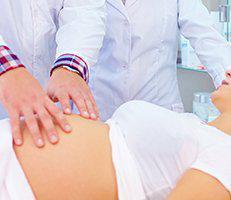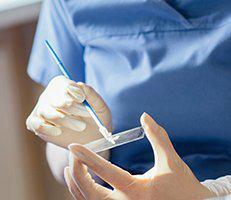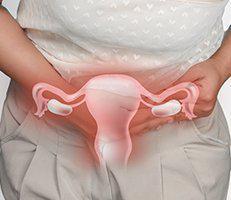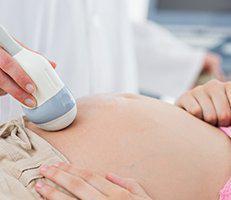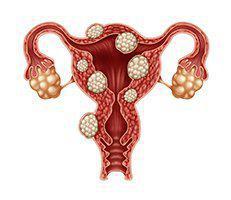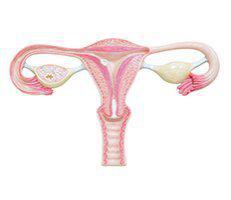Why do you need a Pap smear?
A Pap smear is a test created to identify changes within the cells of the cervix. In the majority of cases, changes in the cells of the cervix indicate the presence of human papillomavirus (HPV). While this can lead to cancer if left untreated, discovering HPV early means that you can be treated to prevent cervical cancer before it has a chance to develop.
All women who have been sexually active, even if it’s been a while, need to have Pap smears. This even applies to women who have been intimate only with other women, to women who have had just one sexual partner in their life, and to women in menopause.
Why does HPV infection occur?
HPV infection is usually a result of sexual activity. In fact, most sexually active women develop HPV at some point during their lives. In the majority of cases, the body eliminates the HPV infection naturally within a year or two. However, in a small amount of situations, the HPV will remain and can eventually develop into cervical cancer.
How often should you have a Pap smear?
Women who have been sexually active should have a Pap smear every two years until they reach the age of 70. At that point, Dr. Lauriston will advise you whether Pap smears are still needed. Patients who have suffered from cervical cancer, ovarian cancer, or other serious conditions affecting the reproductive system may need to have Pap smears more frequently.
How does the Pap smear work?
A Pap smear takes only a few minutes.
You'll lay on the exam table with your feet in the stirrups, just as you would for a standard pelvic exam.
Dr. Lauriston will insert a speculum gently into your vagina to gain access to your cervix. A small sample of cervical cells will be collected, and the speculum is then withdrawn.
A Pap smear may cause some minor discomfort, but usually for only a few moments. As soon as the Pap smear is over, you can return to your normal routine.


